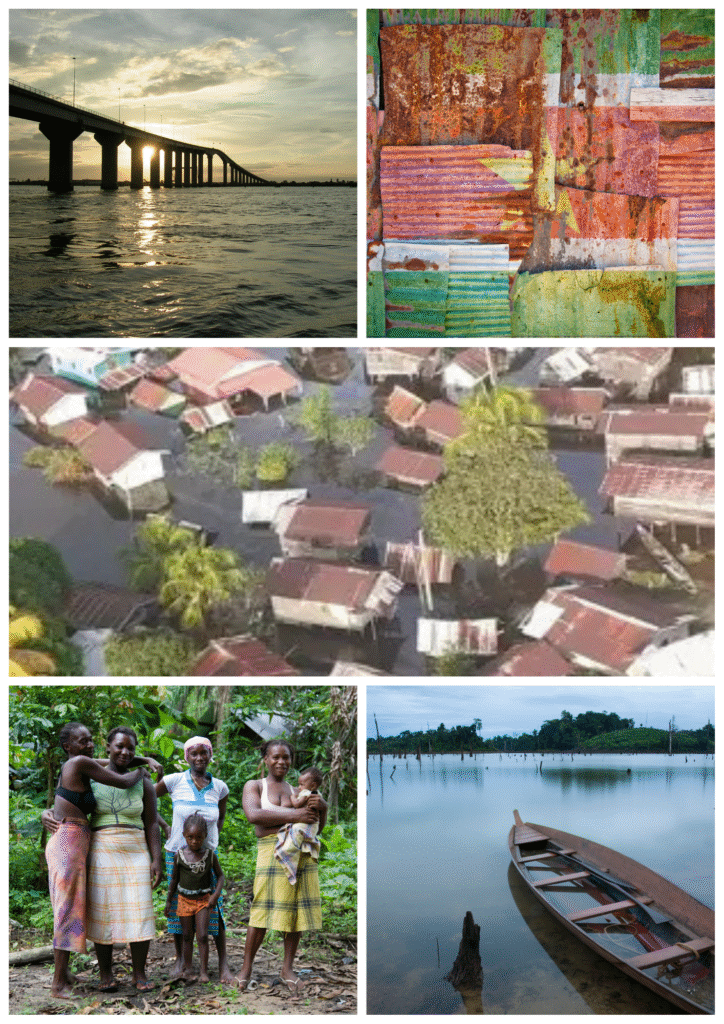
The Human Face of Migration: Stories of Resilience and the Fight for Dignity
Behind every migration statistic, there is a person. Beyond the headlines and political debates, migration is, fundamentally, a collection of human stories. They are tales of bravery, sacrifice, and an unwavering pursuit of dignity. This blog aims to put faces to those stories, revealing the experiences of those who have left everything behind in search of a better future, and the challenges they face in asserting their fundamental rights.
A migrant’s journey is often fraught with adversity. From the heartbreaking family separation that leaves deep emotional scars, to the harsh reality of labor exploitation, where dreams of a new life are overshadowed by meager wages and inhumane conditions. Xenophobia and discrimination are constant barriers that erode self-esteem and hinder integration. However, these stories are also marked by astonishing resilience. They are testaments to the human capacity to adapt, to rebuild, and to find hope even in the most difficult circumstances. The primary goal is to humanize the migration debate, reminding us that it involves individuals with hopes, fears, and, above all, rights.
In Suriname: Between the Jungle, Rivers, and a New Life
Suriname, a vibrant country with a fascinating mix of cultures, has long been a destination for migrants seeking new opportunities. Many arrive from neighboring countries like Brazil and Guyana, or from further afield like Haiti, drawn by prospects in gold mining, agriculture, or trade. But their arrival is not without unique challenges.
Imagine arriving in a new country where the main language is Dutch, a language you may have never heard, while in the streets, lively Sranan Tongo is spoken, and at home, your own language. Language barriers are one of the first major hurdles, affecting everything from basic communication to access to vital information and services. Cultural adaptation is another challenge; navigating customs, traditions, and social systems different from your own requires immense patience and openness.
One of the most persistent obstacles is the struggle to obtain legal documentation. Without the proper papers, migrants can become trapped in a legal limbo, vulnerable to exploitation and with limited access to healthcare, education, and formal employment. Despite these difficulties, Suriname is also the scene of many success stories. Migrants who, with perseverance and the support of local communities, have managed to settle, open small businesses, contribute to the economy, and enrich the social fabric with their cultures and traditions. These stories are a testament to how migrant diversity can strengthen and revitalize a nation.






Responses